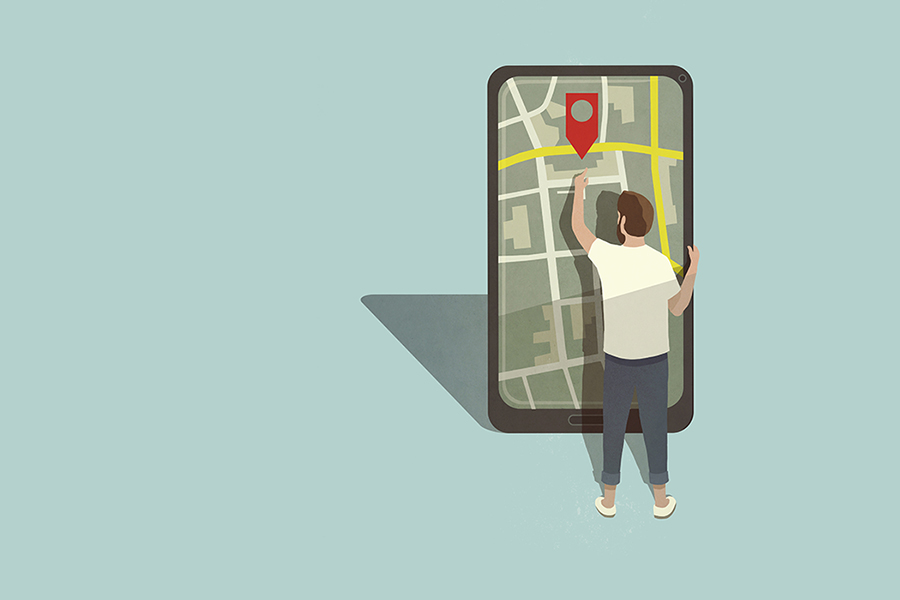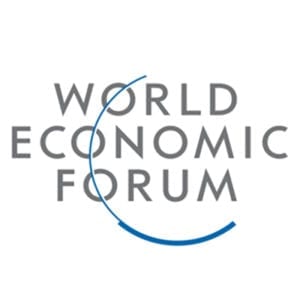These three investment strategies turn traditional thinking on its head and show how huge value can be generated by incentivizing lifestyle choices and trading assets that go beyond hard cash.

Invest in Time
In Switzerland, investing in your future has just taken on a new meaning. People are saving up time so they can spend it later. The Swiss government has launched a “time bank” to help provide care for older people. Here’s how it works. Younger people volunteer to care for older people and “deposit” the time they spend volunteering into their social security accounts. When the volunteers are older and need assistance themselves, they can spend the time they’ve saved up on younger volunteer caregivers.
A similar scheme is being launched in Beijing. Volunteers earn 1 “coin” for every hour they spend caring for an older person and can either redeem these when they turn 60 or donate them to older relatives or friends. Saving 10,000 coins (the equivalent of 416 full days) earns you a spot in a state-run care home. Around the world, populations are getting older; today, one in ten people are over 65. By 2050, one in six people will be over 65. This means we’ll need more caregivers for older people. Time banks could be one way to help pay for them. Would you save time now to spend in the future?

Subsidize Your Healthcare by Saving a Forest
In Borneo, Brazil, and Madagascar, people are getting cheap healthcare in return for saving forests. The innovative scheme is saving lives and cutting deforestation by 70%. So how does it work? US-based organization Health in Harmony listens to communities through a process called “radical listening.” They discovered that local people in Borneo wanted to protect their forest, but when a family member fell sick, logging was a quick source of cash to pay bills. They decided to provide affordable healthcare, with payment accepted as seedlings, manure, handicrafts, or even labor. If locals reduce logging, treatments become even more affordable.
A range of organizations that have adopted this approach also offers training in conservation and organic farming. Since 2007, the number of households logging illegally has fallen by 90%, prevented $65 million worth of carbon from being released, and allowed 20,000 hectares of forest to regrow. The benefits haven’t stopped with forest conservation: Infant mortality has fallen by 67%, while TB, malaria, and other tropical diseases have also declined. Health in Harmony works alongside 135,000 indigenous, traditional, and rainforest peoples to protect more than 8.8 million hectares of valuable rainforests. Rainforests are an especially crucial habitat, containing 80% of the world’s documented species. What’s your business solution for protecting forests?

Become a Very Remote Worker
Portugal, Ireland, and Australia will pay workers to move to the countryside in a bid to revitalize rural communities and boost local economies. Tempting young, talented people away from cities reduces infrastructure stress on cities and revitalizes rural towns. Portugal offers up to $4,800 to workers from the EU to relocate to the countryside.That’s enough to cover the annual rent of a small village house. In return, they must agree to stay for at least one year. Ireland will introduce a similar scheme, converting 400 disused rural cinemas and town halls into coworking spaces with high-speed broadband.
New South Wales in Australia hopes to attract businesses to rural areas by reimbursing firms up to $7,000 per employee to help cover relocation costs. In Italy, young refugees have breathed life back into several rural communities. They have been welcomed into towns and villages in Sicily after an exodus of local, young workers had left most houses empty, with an aging population living in the remainder. The global movement of people from rural to urban is accelerating, with 55% of the world’s population living in cities. By 2050, that could rise to 70%. Would you move to the countryside to help subsidize a new or existing business?




































